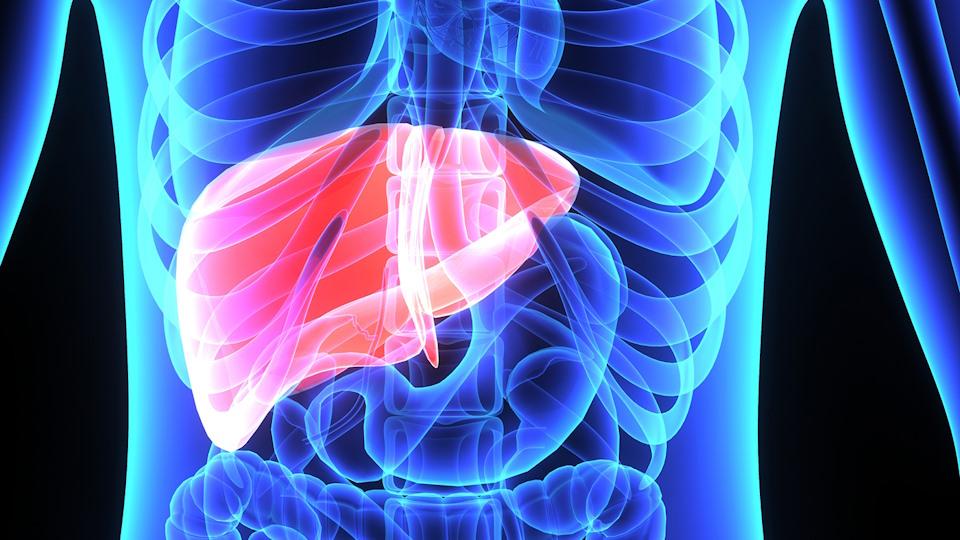FDA fast-tracks GSK’s chronic hep B therapy bepirovirsen

GSK’s antisense-based drug for chronic hepatitis B (CHB), bepirovirsen, will get a rapid six-month review from the FDA when it is filed for approval, said the drugmaker this morning.
The fast-track designation from the US regulator recognises that bepirovirsen is the only single agent in phase 3 that has shown the potential to achieve a “functional cure” when combined with standard CHB therapies based on oral nucleoside or nucleotide analogue (NA) drugs, according to GSK.
Hepatitis B affects almost 300 million people worldwide, according to GSK, and while NAs to treat it are available – such as Gilead’s polymerase inhibitor Viread (tenofovir) – there is still no curative treatment.
A functional cure is said to have been achieved if a biomarker called hepatitis B surface antigen (HBsAg) is cleared from the blood and remains undetectable after stopping all treatment. Even when treated, CHB can progress to liver complications, including cirrhosis and liver cancer, which results in almost a million deaths per year. However, it is estimated that only one in 10 patients is diagnosed worldwide and just 5% receive treatment.
Fast-track status has been granted to bepirovirsen largely on the back of the phase 2b B-Clear trial reported in 2022, which found that bepirovirsen was able to push HBsAg levels below the limit of detection in around 10% of patients at 24 weeks.
While that was a marked decline on an earlier readout of almost 30%, it is still approximately tenfold higher than can be expected with the current standard of care, according to GSK.
Data from the B-Clear study also showed that patients with low baseline HBsAg levels were most likely to benefit from treatment with bepirovirsen, with around a quarter of them achieving undetectable levels of the biomarker - suggesting it may be possible to target the drug to those most likely to benefit from it.
GSK started the phase 3 B-Well programme for bepirovirsen last year and is also running a long-term extension to the B-Clear study, called B-Sure, which will follow patients for around three years.
Analysts at William Blair have previously suggested that the market for a hepatitis B functional cure could be around the same size as for hepatitis C virus, which peaked at around $10 billion a year, but was a short-lived bonanza, with sales falling sharply as the pool of eligible patients reduced.
GSK has modelled peak sales of around £2 billion ($2.5 billion) for bepirovirsen if it reaches the market. It was licensed from Ionis as part of a two-drug deal in 2019, GSK paying $25 million upfront, with milestone payments taking the value of the deal up to $262 million.
Other drugs in development for CHB include Dicerna (now part of Novo Nordisk) and Roche’s siRNA candidate xalnesiran, which reported phase 2 data at the AASLD conference last year, and Arrowhead Pharma’s antisense oligonucleotide ARO-HBV.
ARO-HBV was previously partnered with Johnson & Johnson until GSK acquired rights to the drug as a companion for bepirovirsen in a $1 billion deal signed last November.













